

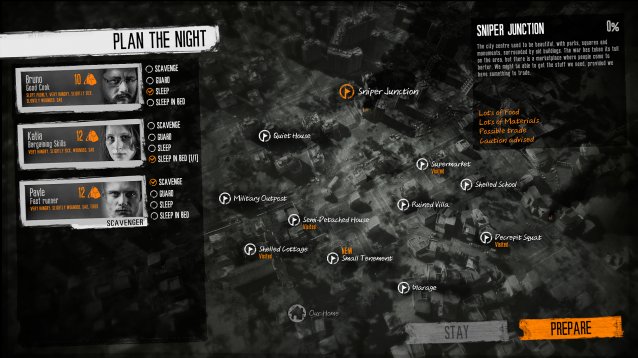
War-based videogames have spent too much time glorifying war violence and ignoring the emotional toil that unavoidably comes with it. Poland-based indie developer 11 Bit Studios aims to change that with its upcoming PC, Mac and Linux title This War of Mine.
Inspired by real accounts of people retelling their experiences in past wars, This War of Mine is a 2.5D survival adventure that aims to stray away from the typical military soldier power fantasy trope by having players control the individuals most war games don’t seem to focus enough on: the common civilians who get roped into the chaos.
I visited 11 Bit Studios’ office in Warsaw to see the game in action. Sitting beside Senior Writer Paweł Miechowski at their office entrance, he played through a pre-alpha build, putting me through the paces of the emotional framework that comprises a bit of the unique significance of This War of Mine.
This War of Mine feels like a very unique take on the war genre, both in aesthetic and gameplay. The game is predominantly dark, making heavy use of a black and white color scheme amidst splotches of color to match its decrepit environments and grim atmosphere.
The player controls a cadre of civilians who shack up in a war-torn building that serves as their daily hideout. When night falls, survivors can be sent out to various locations to scavenge for materials that strengthen their hideout and help them survive the war.
In an effort to make the game’s situations as realistic as possible, 11 Bit Studios spoke to several war survivors, including family members of the staff who survived World War II. The team was also heavily inspired by a memoir entitled “One Year in Hell,” presumably written by an anonymous individual who lived through a siege in Bosnia during the Yugoslav Wars in the 90s.
Despite this, Miechowski doesn’t want players to assume they are in any specific city. "We're not pointing at any particular city,” he told me. “We're doing this on purpose because we don't want to give you the impression that it could be Sarajevo or any other city. We rather want to give you the feel it could be any modern city in the world, because when such things happen, it doesn't matter if you are Polish, American, Jewish, Arabic or whatever, you're a basic human being, you have a desire to live.”

In the build shown to me, the player gets three playable civilians, each one premade but randomly assigned. In our playthrough, we were given three men: Boris, Marco and Pavle. Each character has a bio the player can read to figure out what kind of personalities they have. Each character’s personality will have an ongoing influence on the way the game is played out.
One of the characters, Pavle, was already sick from the outset. While the trio didn’t have any medicine and little food, we were able to scrounge up some wood. Using the hideout’s workshop, we constructed a makeshift wooden bed that Pavle could rest on. Meanwhile, the other two would be forced to sleep on the floor, which increased their likelihood of getting sick and feeling more tired.
The number of variables a player needs to consider for the survivors’ well-being is quite staggering. Miechowski mentioned several items that could be crafted, including beds, stoves, moonshine stills and even rainwater collectors, which will be the survivors’ only source of water. Having the survivors eat meat without properly cooking it with a makeshift stove can lead to food poisoning.
Alcohol serves as an incredibly important commodity in the game. Miechowski explained, “First of all, it's drinkable, you can exchange alcohol for whatever you need, bullets, knife, food. It's good for disinfecting wounds. It's also good simply for drinking, to cheer up, to have a little moment of joy in this rather depressing situation.”
I asked him about the temperature icon on the game’s HUD, which lets you know of the conditions inside the hideout. “When winter strikes,” he iterated, “you will have a different set of difficulties, because you will have to create maybe a fireplace or just burn something down.”
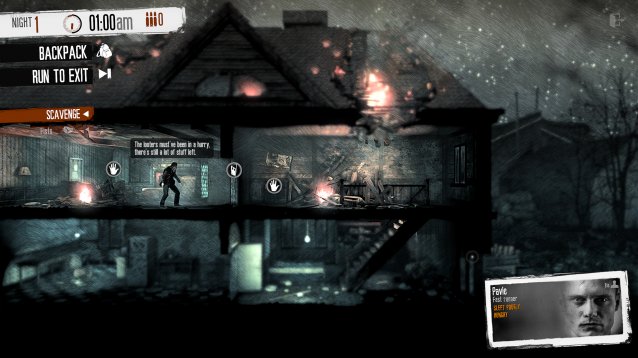
In the event that the player cannot find more wood, he suggested that one could take previous creations, such as a wooden bed, and use them as firewood. Doing so, however, introduces the caveat of sacrificing the comfort of the survivors. “All of these difficulties force you to make difficult choices," he added.
On the first night of scavenging, Miechowski decided to do things a little differently from previous playthroughs he’s shown to the press. He had Boris break in and steal food from an elderly couples’ household and then proceeded to outright murder them. Doing so allowed him to loot their jewelry, which proved to help later on when trading with a stranger that visited the hideout.
What that heinous act didn’t help, however, was Boris’ psyche. Players don’t only need to take each survivor’s physical condition into account; they’ll need to watch their emotional state. “He's been scavenging the entire night so he's tired,” Miechowski remarked. “He's sad because he murdered innocent people. So you may figure out that he's a sort-of good guy, but I forced him to [do] something bad and he's feeling bad about it.”
Forcing survivors to make immoral decisions can lead them into depression. “If they go into real depression, they may refuse to do anything. They may just go sit in the corner and cry or be, sort of [in] a catatonic state, refusing to do anything.”
And there’s no way to undo your actions, as the game will auto-save and it doesn’t allow players to load a quick save. If the survivors die, the game ends and a new game can be started. Miechowski sees players having wildly different experiences, given the game’s assortment of random characters and events.
"This War of Mine is a very difficult experience because surviving war is extremely difficult. What we've read, all those many stories, is exactly that the emotional toll is the most heavy one, not the physical struggle."
This War of Mine is expected to launch later this year.
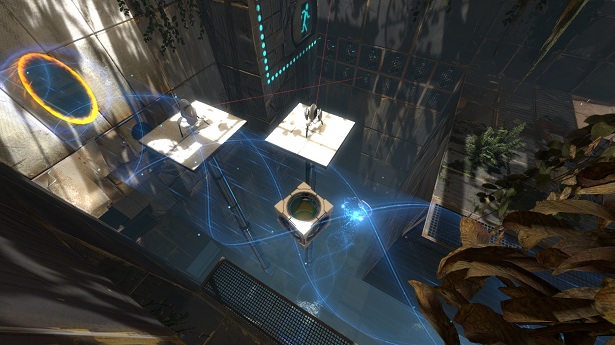


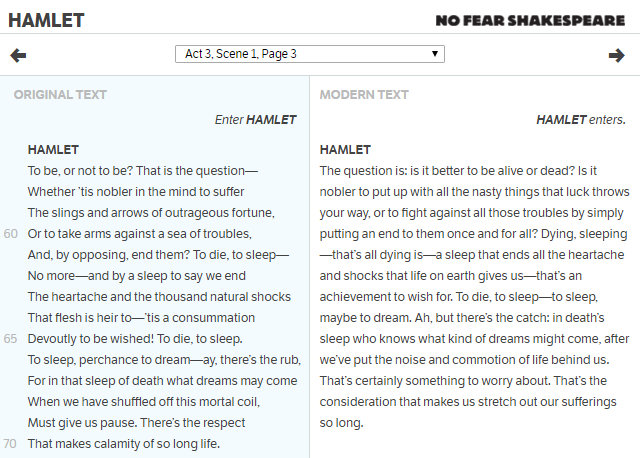
 The Crew Wiki – Everything you need to know about the game .
The Crew Wiki – Everything you need to know about the game . Destiny Guide: How to Dominate as the Hunter Class
Destiny Guide: How to Dominate as the Hunter Class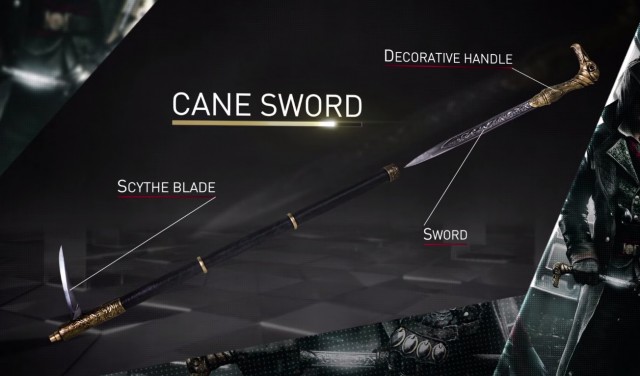 How To Unlock Cane Sword In Assassin's Creed Syndicate, Multiple Types and Upgrade Detailed
How To Unlock Cane Sword In Assassin's Creed Syndicate, Multiple Types and Upgrade Detailed Outlast Walkthrough
Outlast Walkthrough Fable 3: Traitor's Keep Achievements List
Fable 3: Traitor's Keep Achievements List